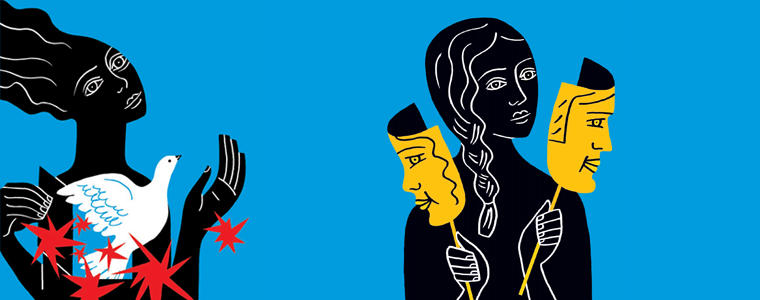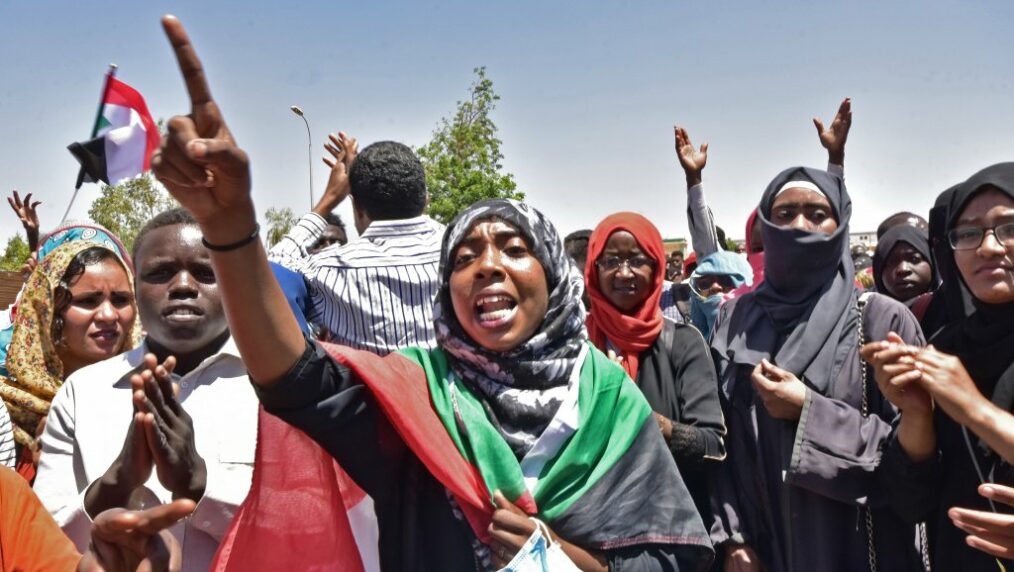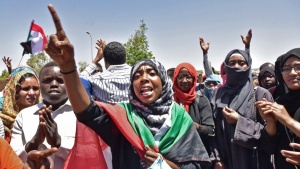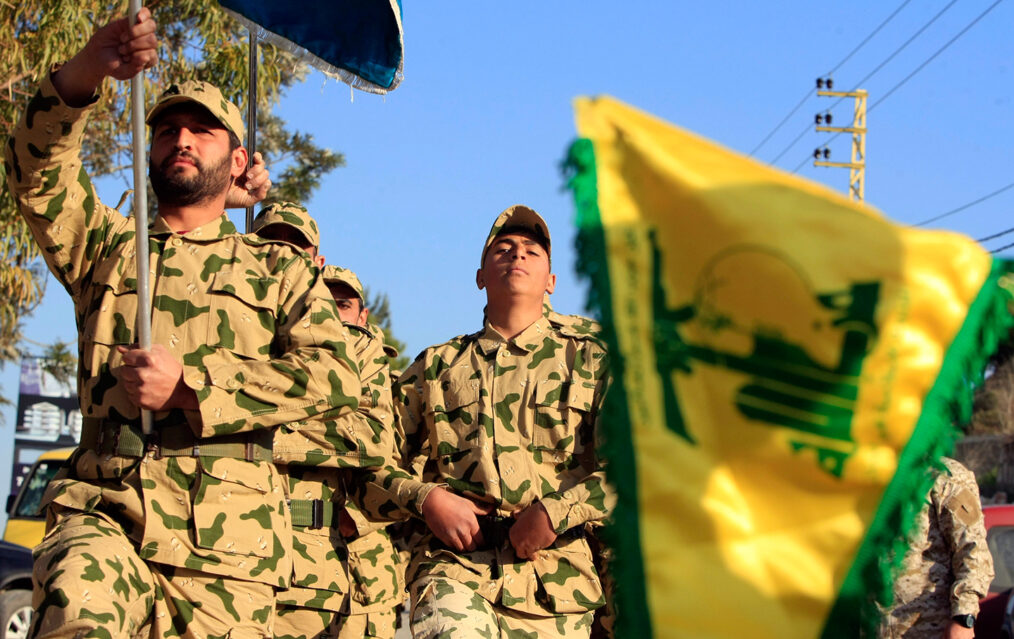The majority of violent extremists in the Middle East and North Africa (MENA) and around the world are males. However, women also participate in the violence perpetrated by extremist groups and promote radical ideologies. While there may be statistically fewer women in these roles, their participation is still serious and should not be overlooked.
This article aims to highlight the important research findings published by Laura Sjoberg, a respected feminist scholar, in a USAID brief from 2015. This brief was published at a time when many women and girls, a significant number from Western countries, were traveling to territory controlled by ISIS in order to pledge themselves as foreign fighters.
Sjoberg’s (2015) work illustrates the specificities of how women are radicalized, why they are radicalized, and their gender-specific roles within these groups. She advocates for further work being done on counter-violent extremism (CVE) programs that are supported by the knowledge of why/how women participate in extremism. This article will be the first publication of our women and extremism project – intended to further knowledge in this field to create meaningful policies.
Stories in the news about female extremists in recent years have sensationalized the role women have within these networks.
Shamima Begum and Lisa Smith are examples of women whose identities as female extremists have garnered them much public attention. These women are labeled as ‘jihadi brides’ in order to explain the phenomenon of women in the role of what is stereotypically portrayed as a male one.
This label highlights gender stereotypes assigned to women by citing things like emotions or sexuality to explain the participation of these women in extremist activity – accentuating their supposedly helpless nature. Locating women to a position of victimhood marginalizes them and warrants the necessity of their being saved – likely by men. This de-politicizes their actions and strips agency from the motives and agendas with which they seek to further by way of their participation.
In contrast to the assumption that women are ‘lured’ into extremism against their better judgment, research demonstrates that male and female extremists “have more in common than not,” when it comes to the drivers for their radicalization and participation in extremist groups (Sjoberg 2015, p. 2).
In interviews, women also cite things like ideology or desire for political change as reasons for their mobilization, rather than the desire for ‘romantic adventure’ (Sjoberg 2015, p. 2). The positioning of female extremists as victims does not account for their personal agendas for joining these groups that are often rooted in political or religious motivations. Interestingly, when women become radicalized they are titled female extremists, unlike their male counterparts who are just ‘extremists,’ rather than underscoring their gender.
Female extremists can contribute to violent agendas in a variety of ways. Their roles can range from support roles in the organization as well as being on the ‘front lines’. Further, women bring an added value in their role within extremist agendas because they are less likely to bring attention from authorities or be searched in public spaces (Sjoberg 2015, p. 3). This unique and distinct utility that women bring emphasizes the seriousness that should be paid to women who are being radicalized – particularly as their involvement is being made light of.
Sjoberg (2015) asserts that the oversight of women’s participation in extremism results in most counter violent extremism programs being targeted at males (p. 2). A first step is to recognize that women of varying identities and cultures participate and provide real assistance to violent groups.
This positioning of women extremists as victims is detrimental to effective policy on countering radicalization because it ignores their reasons for joining and credits their radicalization to gender stereotypes.
By drawing attention to women extremists, this team of researchers aims to expand discourse and scholarship to research female extremists with the gravity they should be regarded. This does not mean to disregard that some women are in fact victims and have been unknowingly enticed into extremist groups.
However, by sensationalizing women extremists in the news and using terminology like ‘jihadi bride’ all women are often essentialized into a category that is devoid of potential political agenda and well-calculated motives. Sjoberg’s (2015) work specifically addresses extremism in the MENA, but our work intends to address women across the globe supporting groups like the IRA in Ireland, FARC in Columbia, or others.







